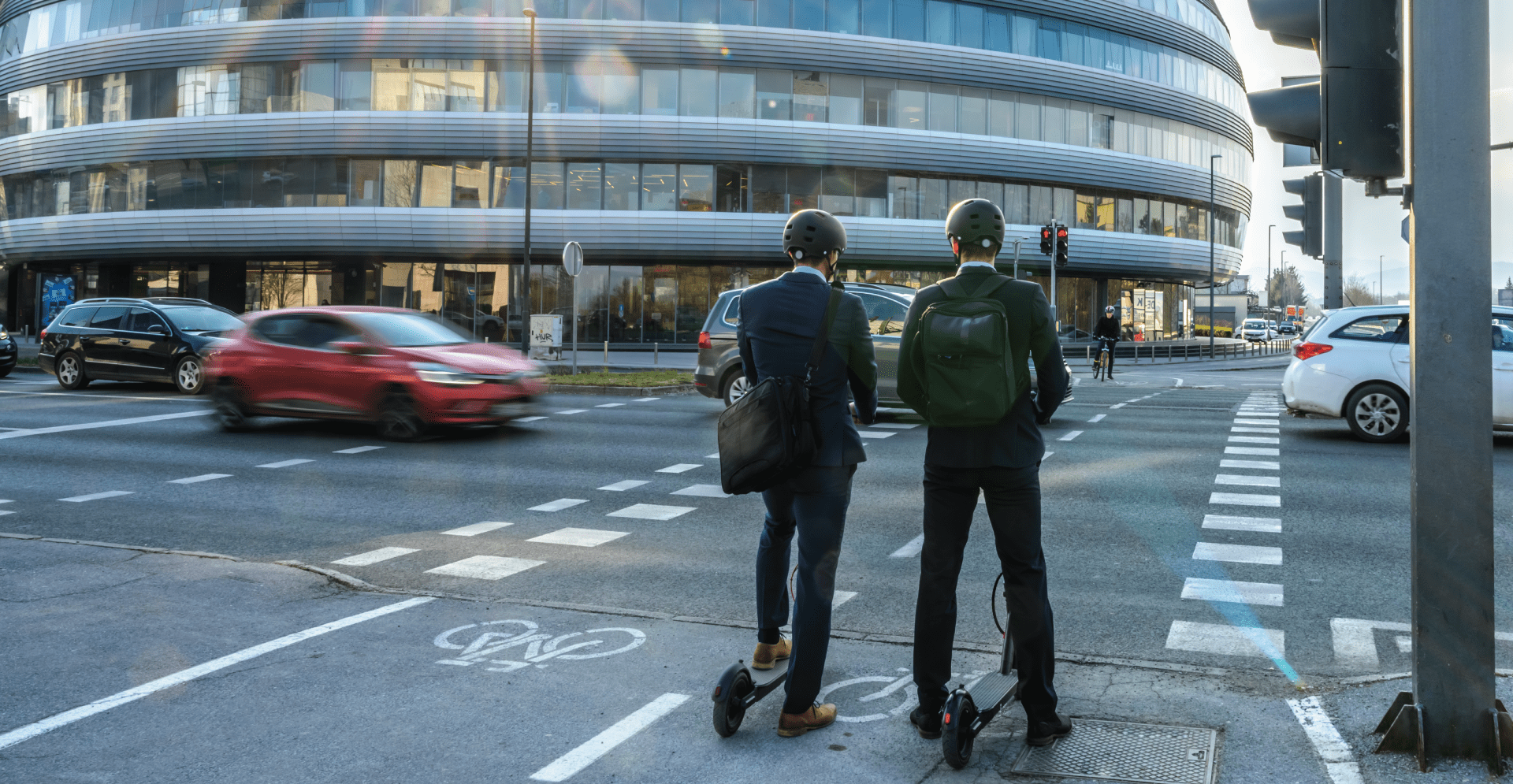In the mosaic of solutions to get Australia on the path to net-zero CO2 emissions by 2050 or earlier, electric vehicles (EVs) are prominent.
And for good reason. Diesel and petrol cars throw off significantly more emissions and when EV batteries can be charged from mainly renewable sources, we will have gone a long way to eliminating carbon pollution.
There is a caveat. Today, Australian EVs emit on average 150 grams of CO2 per kilometre. The equivalent in Norway, which is best in class, is on average 6 grams per kilometre. Australian EVs are 25 times more polluting than the world’s best.
Australians want bigger electric cars, and battery capacity and vehicle mass are closely related. The bigger (and heavier) the vehicle the larger the battery required. Larger batteries are heavier, amplifying the mass-power challenge.
In my local area during the recent COVID lockdown I watched new forms of personal e-mobility proliferate – hover boards, e-scooters, e-bikes and others I don’t recognise, perhaps made popular by public health orders requiring us to stay within five kilometres of home.
Available data suggests these lightweight personal mobility devices use only around 10% of the energy of an electric vehicle, which is not surprising given the vast difference in weight. But by any reading of the rules, anyone riding them on public space in NSW today is doing so illegally.
It’s time to change that and with a new Transport Minister, Rob Stokes, in charge we may have the opportunity to do so.
Last March the SMH reported that the NSW Government had “abandoned” plans for an electric scooter trial, with the Minister reportedly objecting to e-scooters for what I read as reasons of safety and street litter.
In August the National Transport Commission proposed a framework under which e-scooters, subject to jurisdictions and local urban environments, would be allowed on footpaths at a capped speed of 10km/hr, and on residential streets at up to 25km/hr. Other states and territories are at different stages of advancement in regulating e-scooters; NSW is conspicuous for not having any framework.
E-scooters will have an important role to play in reducing congestion, solving the “first and last mile” in the daily commute, and of course reducing the call on carbon emissions. All of that is motivation enough to encourage their use in NSW.
Let’s consider the objections. Scooters as litter is linked solely to the ride-sharing platforms, which are the most aggressive lobbyists for legalisation and may in the end have just turned the Minister off. Unfortunately, the ride-sharing platforms have captured and distorted the debate; it’s not ride-share scooters or nothing – the case being made here is for e-scooters as owner-used, personal devices. People will not abandon their own expensive e-scooters.
On safety, global data is thin, but the available evidence suggests it is first-time riders that are most at risk of injury.
The take-up of e-scooters, regulated or not, is inevitable and the bigger risk is to allow their proliferation without any regulations or guidance. Without a framework, e-scooters will continue to be used in public spaces illegally but in a way over which authorities have little or no control.
Minister Stokes has a lot of issues in his inbox, but putting together a coherent set of rules guiding the legal sale and use of e-scooters in NSW should be one of them. Like the long-established Australian Automotive Standards - the bible for the car industry – we need to consider standards around e-scooters for such things as speed, wheel type, wheel base and lights. Then we need to think about scooter registration, rider education and certification and safety equipment. And finally, we need clear rules as to how and when e-scooters can be used in different local jurisdictions.
These are complex questions that will take time to develop in a constantly evolving and innovative market. But other states are doing it, and NSW cannot afford to be left behind. Transport Minister @RobStokesMP, perhaps now is the time to get serious about an e-scooter trial and set of rules for their legal use.




